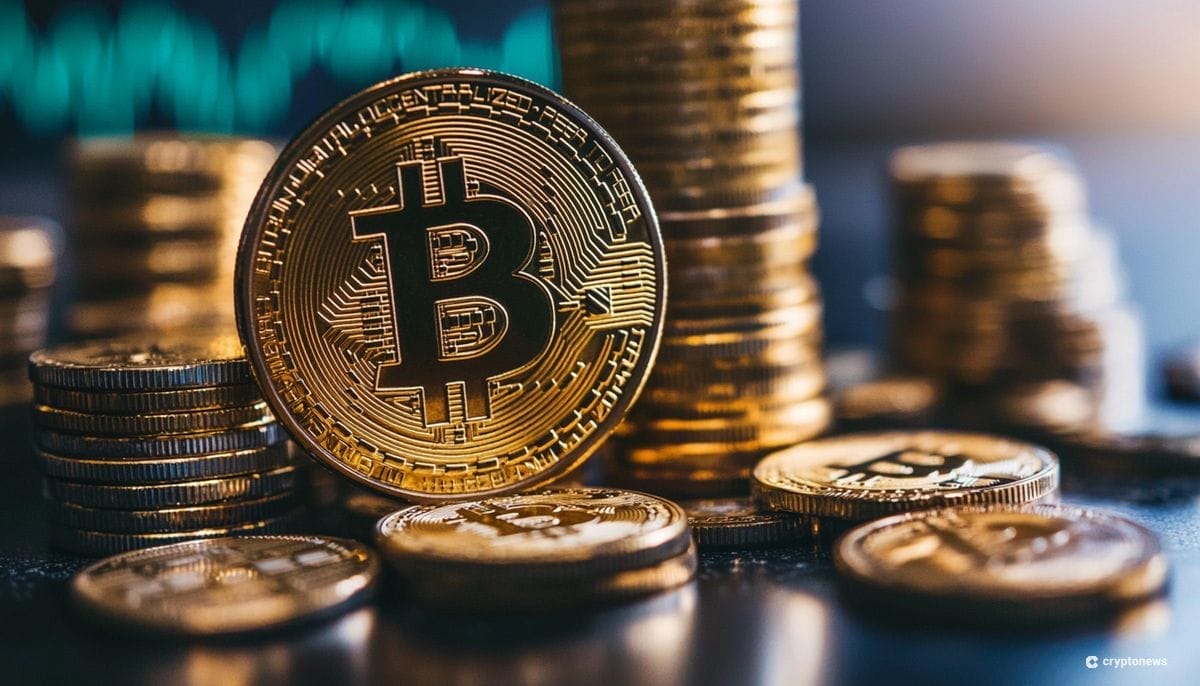The United States Supreme Court has recently decided not to hear a case involving 69,370 Bitcoin, valued at $4.38 billion, that was seized from the Silk Road dark web marketplace. Battle Born Investments, a company claiming ownership of the Bitcoin, sought a review from the Supreme Court, arguing that it had acquired the rights to the seized Bitcoin through a bankruptcy estate. However, the Supreme Court’s refusal to take up the case leaves the government’s control over the cryptocurrency largely uncontested, paving the way for the U.S. government to sell the significant Bitcoin stash.
The legal dispute began when Battle Born Investments asserted that it obtained the Bitcoin through a bankruptcy claim after the closure of Silk Road in 2013, alleging that Raymond Ngan, a debtor in the bankruptcy proceedings, was the mysterious “Individual X” who had illicitly taken billions of dollars worth of Bitcoin from Silk Road. Despite these claims, the courts have consistently ruled against the company, with both a district court and an appeals court in San Francisco ruling that Battle Born did not have a legitimate claim to the Bitcoin. The Supreme Court’s recent decision to decline the case effectively closes the legal pathway for Battle Born, allowing the government’s civil forfeiture action to proceed.
The U.S. government has already begun to move some of the Silk Road-linked Bitcoin, with around $2 billion worth of the cryptocurrency being transferred on July 29 and managed by the U.S. Marshals Service through Coinbase Prime for custody. Sales of such large amounts of Bitcoin by governments have been known to cause market fluctuations, as seen when the German government sold nearly 50,000 Bitcoin valued at over $3.15 billion in June and July, contributing to notable market volatility. It remains uncertain how the U.S. will proceed with the remaining Bitcoin, with Republican presidential candidate Donald Trump suggesting the establishment of a “strategic Bitcoin stockpile” if he wins the upcoming election.
Silk Road, founded by Ross Ulbricht in 2011, was known for facilitating illicit transactions before it was shut down, with Ulbricht currently serving a life sentence without the possibility of parole for charges including money laundering and drug distribution. Trump has also indicated that he would consider commuting Ulbricht’s sentence if elected president. The decision by the Supreme Court not to hear the case involving the seized Bitcoin from Silk Road indicates a significant development in the legal battle over the large cryptocurrency stash, ultimately leaving the U.S. government in a favorable position to proceed with its civil forfeiture action and potential sale of the Bitcoin. The outcome of this case could have far-reaching implications for the handling of seized cryptocurrency assets in the future.











